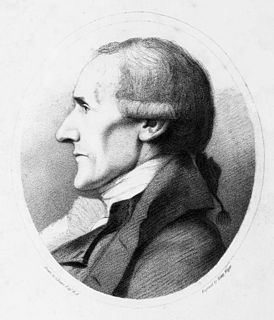A Quote by Lydia Millet
Names and other proper nouns shouldn't distract from the language.
Related Quotes
I use are provisional terms, and they usually put any proper nouns in critical distance. I'm in a tradition of people who resist naming, fixity. That means it's a tradition of people who insist on mobility, who defy proper nouns and genres and those kinds of things. When I push back against the word 'jazz' it's because I've learned that from many, many elders who think that way. I'm not just being a jerk.
The worst of this sorry bunch of semi-educated losers are those who seem to glory in being irritated by nouns becoming verbs. How dense and deaf to language development do you have to be? If you don’t like nouns becoming verbs, then for heaven’s sake avoid Shakespeare who made a doing-word out of a thing-word every chance he got. He TABLED the motion and CHAIRED the meeting in which nouns were made verbs
They're both about the correct or proper way to do something. There is a correct and proper way to use words and there is a correct and proper way to behave with other people. And I behaved improperly with John and feel bad, so I compensate by obsessing with language, which is easier to control than behavior.
The breakdown of our language, evident in the misuse, i.e., the misunderstanding of nouns and adjectives, is most grave, though perhaps not so conspicuous, in the handling of prepositions, those modest little connectives that hold the parts of a phrase or a sentence together. They are the joints of any language, what make it, literally, articulate.
Ecclesiastes names thee Almighty, the Maccabees name thee Creator, the Epistle to the Ephesians names thee Liberty, Baruch names thee Immensity, the Psalms name thee Wisdom and Truth, John names thee Light, the Book of Kings names thee Lord, Exodus names thee Providence, Leviticus Sanctity, Esdras Justice, creation names thee God, man names thee Father; but Solomon names thee Compassion, which is the most beautiful of all thy names.
Man is the namer; by this we recognize that through him pure language speaks. All nature, insofar as it communicates itself, communicates itself in language, and so finally in man. Hence, he is the lord of nature and can give names to things. Only through the linguistic being of things can he get beyond himself and attain knowledge of them-in the name. God's creation is completed when things receive their names from man, from whom in name language alone speaks.
The significance of language for the evolution of culture lies in this, that mankind set up in language a separate world beside the other world, a place it took to be so firmly set that, standing upon it, it could lift the rest of the world off its hinges and make itself master of it. To the extent that man has for long ages believed in the concepts and names of things as in aeternae veritates he has appropriated to himself that pride by which he raised himself above the animal: he really thought that in language he possessed knowledge of the world.
When the copulative kai [`and'] connects two nouns of the same case, [viz. nouns (either substantive or adjective, or participles), of personal description, respecting office, dignity, affinity, or connexion, and attributes, properties, or qualities, good or ill], if the article [ho], or any of its cases, precedes the first of the said nouns or participles, and is not repeated before the second noun or participle, the latter always relates to the same person that is expressed or described by the first noun or participle: i.e. it denotes a farther description of the first-named person.





































